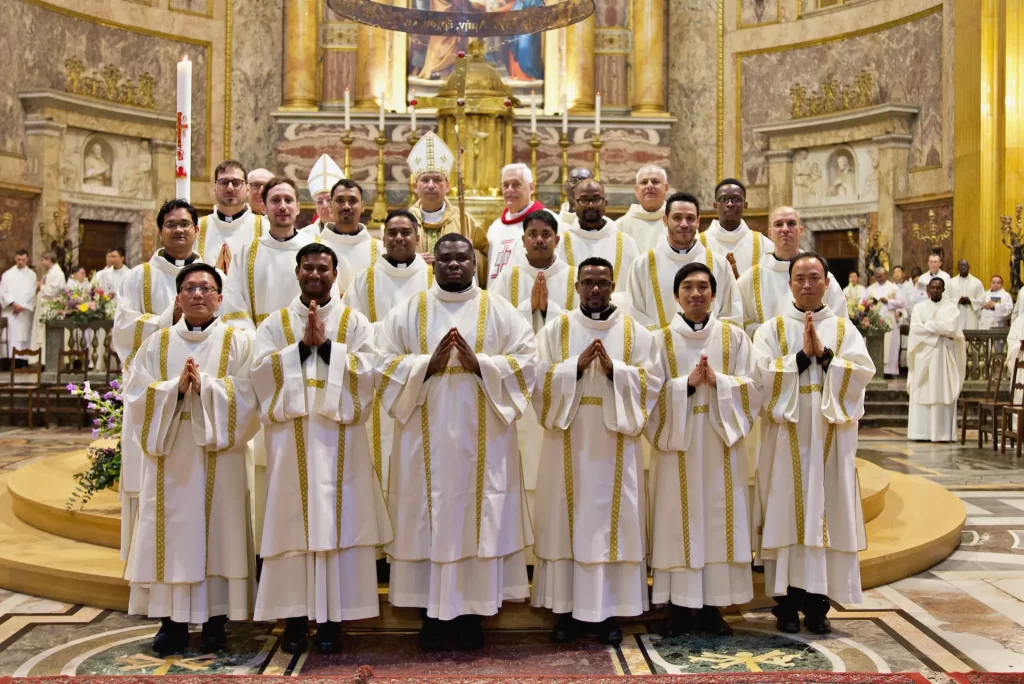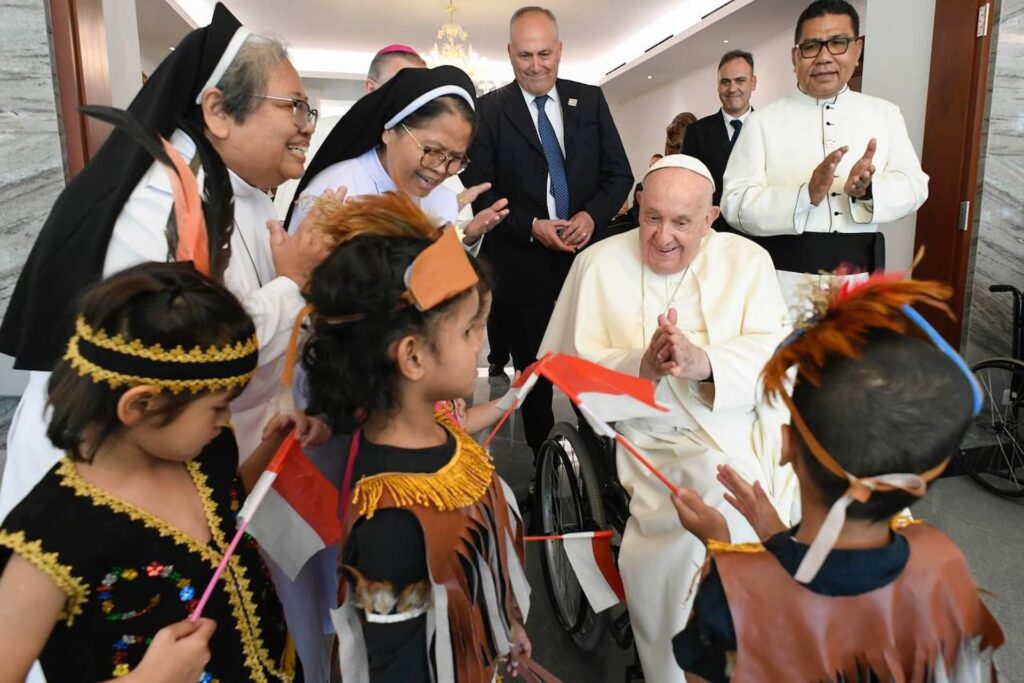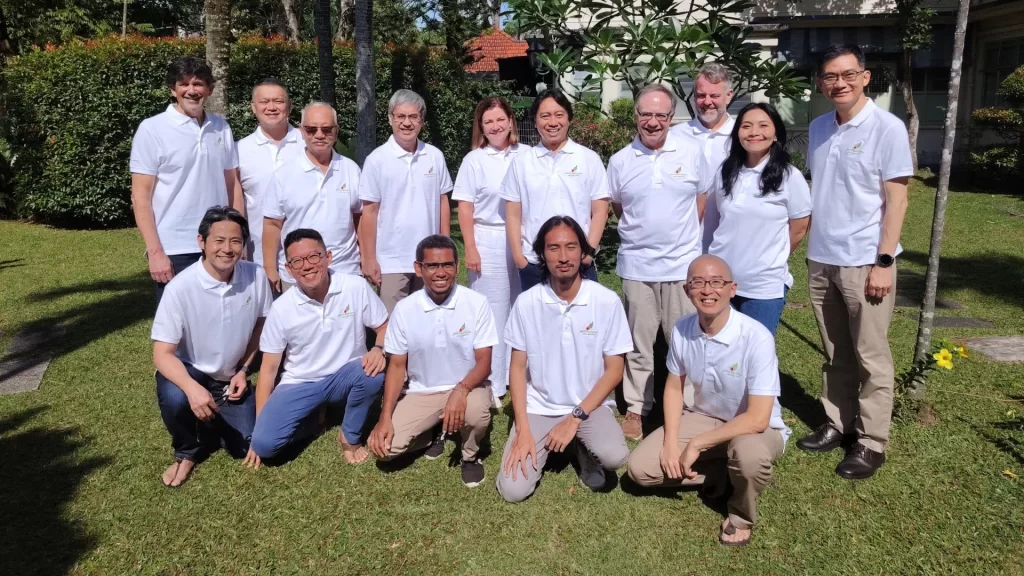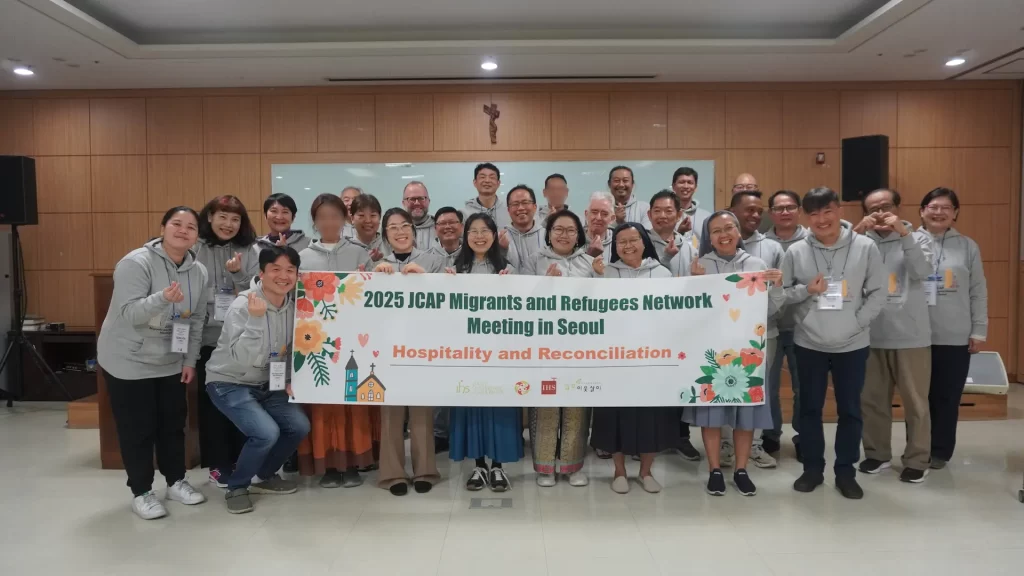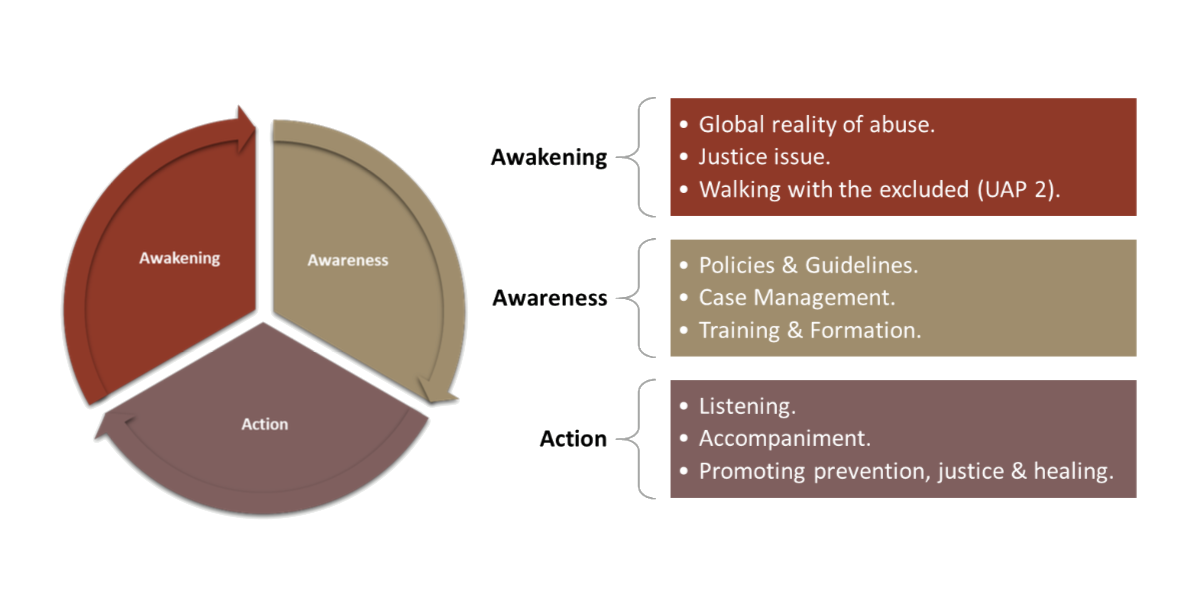
The Promotion of a Consistent Culture of Protection project highlights Awakening, Awareness, and Action as focal points in promoting the protection and safety of minors
The conversation on safeguarding has been ongoing within the Society of Jesus for some years. Mapping and assessment were necessary to better understand safety in ministry, to promote a culture of safeguarding and prevention, and to develop guidelines and protocols on how to handle this issue that has plagued the entire Catholic Church.
Thus a three-year project was launched: The Promotion of a Consistent Culture of Protection (PCCP). Fr John Guiney SJ and his colleague Michelle Hennessy, who led the survey consultation, analysis, and reporting, presented the findings during the online Jesuit Conference of Asia Pacific (JCAP) Major Superiors Assembly held in July. The project is under the Social Justice and Ecology Secretariat of the Society of Jesus, and was established “to help fulfil the mandate entrusted to Fr General by General Congregation (GC) 36 of ‘working with the Major Superiors and Conferences, to promote within the communities and ministries of the Society, a consistent culture of protection and safety for minors’”.
The project adopts three focus points in its approach to mapping and assessment. This circular design includes: Awakening, acknowledging the reality of the issue and understanding that it is a social justice issue (thus related to the Universal Apostolic Preference of Walking with the Excluded); Awareness, which includes the creation of policies and guidelines, case management, training and formation; and Action, which entails listening, accompaniment, and promoting prevention, justice, and healing.
While the different units within the Society are on different levels of awakening, awareness, and action there has been improvement and progress in the last three years. There are key areas where much work still needs to be done: developing a consistent strategy for training and formation, developing training materials that can be shared on accessible formats, the right personnel, and the necessary funding, but PCCP’s outlining of the steps that the whole Society needs to take–unified by a collaborative mission anchored in Ignatian Spirituality and the UAPs, listening to the victims, establishing structures and implementation, customising the response according to context and culture, training, and monitoring and evaluation–makes it clear where we all need to go to ensure safety in ministry.
Fr James Gascon SJ, JCAP coordinator for this fairly new ministry, says that education and openness are important. “At least now there are quite a handful of people who are ready to talk about it and face it,” says Fr Gascon. “We’re not totally unwilling to discuss these things. That’s the work–education, and letting people talk about it.” Silence, he says, is the enemy of safety in ministry. “In Asia Pacific, culture can make it difficult because in this part of the world our cultures are diverse.”
Shame, saving face, talking about sex and sexuality, the clericalist mindset, the importance of the community over the individual are only some cultural behaviours that can make reporting about abuse–and discussing it–challenging. “We need to empower people to talk about it. Everyone should feel like they have a part because the responsibility of safety is not only for the authorities but for everyone,” says Fr Gascon, who has an extensive background in therapy and counselling.
He recognises the breadth and depth of the issue: “It’s a pre-requisite. There has to be an atmosphere of safety, in order to have efficient and effective ministries,” he says. “You cannot work with the youth if there is no safety in ministry, you cannot give the Spiritual Exercises if there is always a threat of an abusive relationship between the director and the directee. You cannot be working with the poor, or the migrants, or even the environment because the culture of abuse is the abuse of the environment… it is about safety in a wider sense.”
Fr Gascon adds: “It’s akin to what GC 35 said. Before, the teaching of the universal Society in terms of community life was that community is at the service of ministry, of the apostolate. That’s the earlier document. But in GC 35, Fr General Nicolás changed it. Community life is a mission itself. Before, we said community life was instrumental to our mission. But Fr Nicolás recognised that community life should be a mission itself because without community life, we cannot fulfil our mission. It’s the same with safety. It’s what grounds us, a foundation.”


